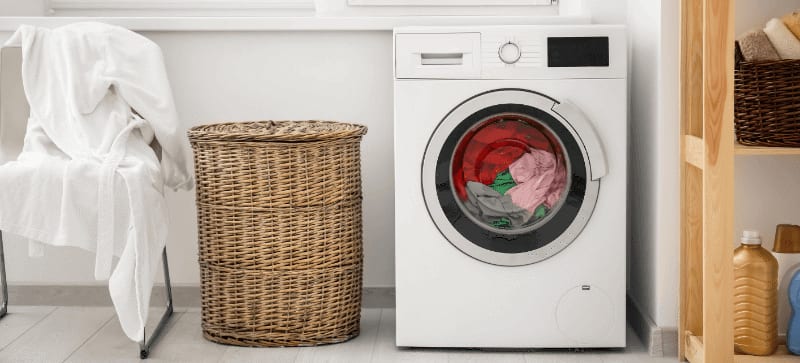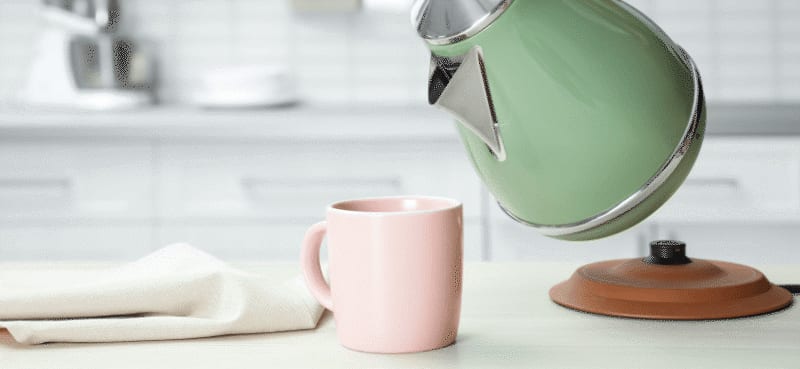And this tip not only applies to the kettle, but your lights, shower, and any other water and energy use. By spending one less minute in the shower or by doing one less load of washing a week, you could save around £31 per year.
Draught proof
When it comes to reducing your heating bill, double glazing is often the most common solution. However, it isn’t the most cost-effective solution if you’re on a budget.
While double glazing prevents heat escaping through glass, draught proofing prevents cold air from entering through gaps in your home. By sealing unwanted gaps between windows and doors, less warm air blows out and less cold air comes in. Not only will this reduce your heating bill, but it will also keep your home warm and cosy during winter.
Draught proofing your home can be a cheaper alternative to double glazing. Moreover, even if you have double glazing, it is a good option to consider. If you feel like doing some DIY, you can easily draught proof your home yourself. Just make sure you have the right materials and tools to do it properly. This could save you £25 a year on your heating bill.
Shop around
You can also reduce your energy bills simply by shopping around and ensuring that you are not paying more than you need to. We like the budgeting app Snoop.
Not only does Snoop give you a clear overview of your finances and offer advice on how you can save money day-to-day, but it also keeps an eye on your bills and lets you know whenever banks or big businesses want you to pay more than you should. This includes your energy providers. If Snoop spots a better energy deal elsewhere, it’ll let you know and makes switching simple.
Spending larger amounts of money than you’re used to on smarter appliances with high efficiency ratings can be daunting. However, at Fair for You we offer flexible repayment plans that make becoming energy efficient easier for your family. Browse our collection of Whirlpool appliances to start reducing your energy bills today.
Please note we’ve used links to external websites. Although we make every effort to ensure these links are accurate, up to date and relevant, Fair for You Enterprise CIC cannot take responsibility for pages maintained by external providers. Views expressed on external sites we link to are not necessarily those of Fair for You Enterprise CIC.
If you come across any external links that don’t work, we would be grateful if you could report them to the web content team.


